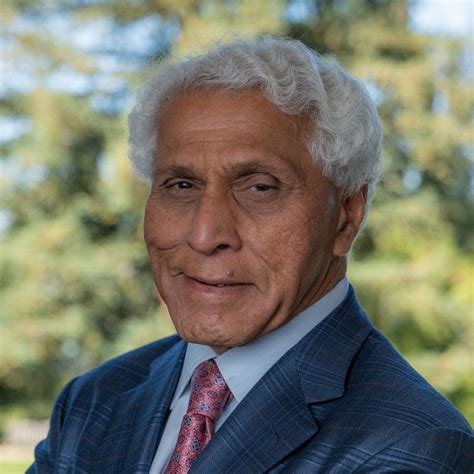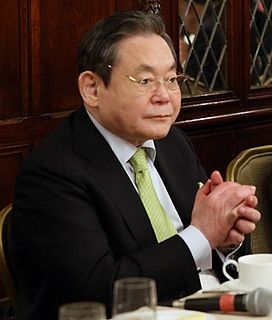A Quote by Marco Tempest
My products and magic are free, but on the commercial side of what I do, the big tech companies are impressed with somebody like me who can emotionalize a piece of technology.
Related Quotes
Tech companies like to set stretch goals, like we'll try to be the best company for women and minorities, and we have to ask, "What does that really mean?" By setting a goal like that, it makes all of us pay attention to that idea and try to innovate around it, to understand the underpinnings. One piece is being transparent, saying "Hey, we have an issue, we're open to innovation on it." It's important for innovation to prove that more diversity makes better products.
What I love about what I get to do is that I'm allowed to create the stories that I want to tell with minimal interference by some very big corporations like Microsoft and Sprint and EA and BioWare. The advantage that these tech companies have is that they understand the space organically, versus traditional media companies.



































